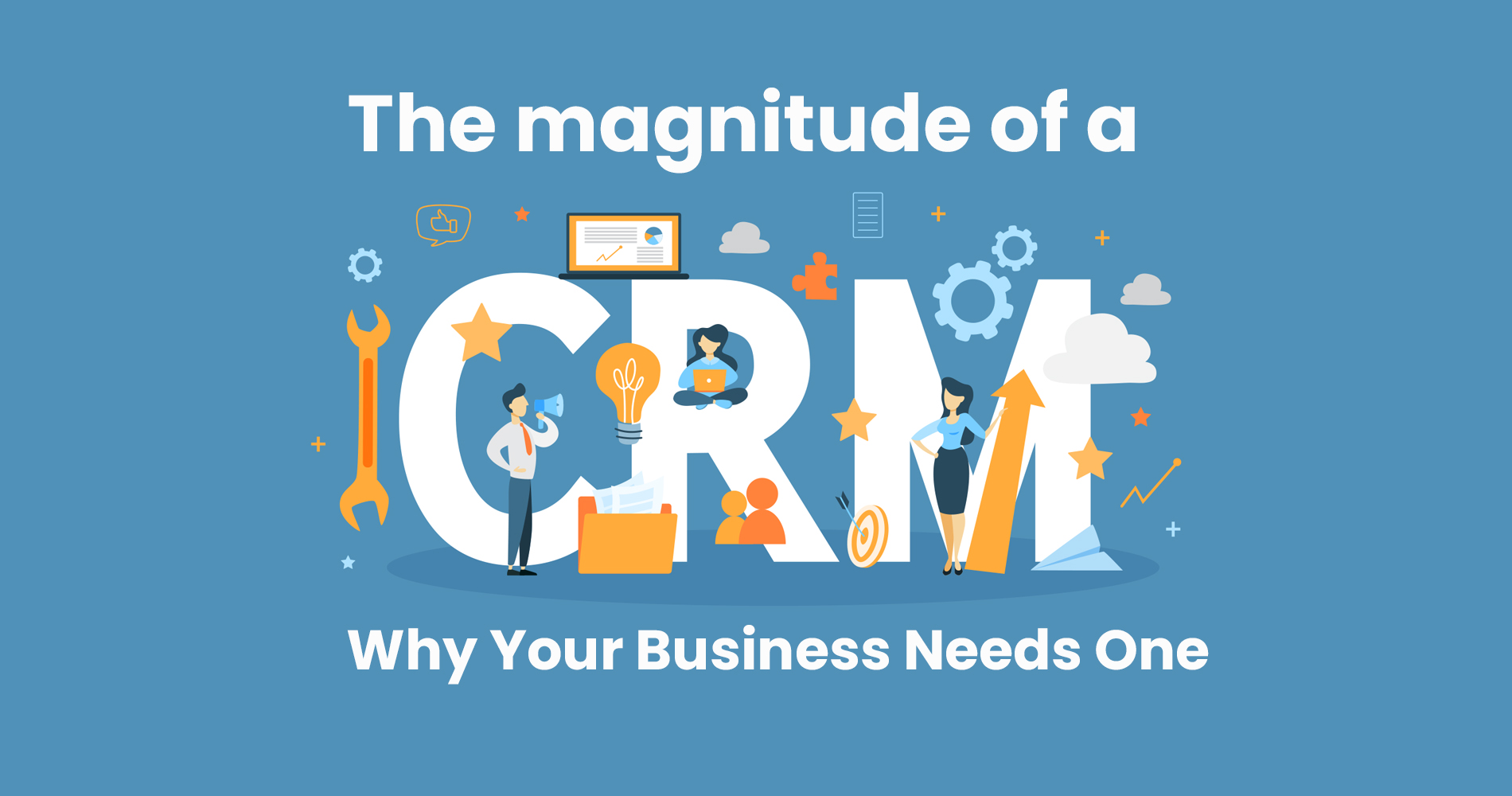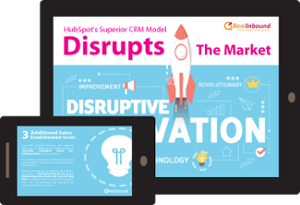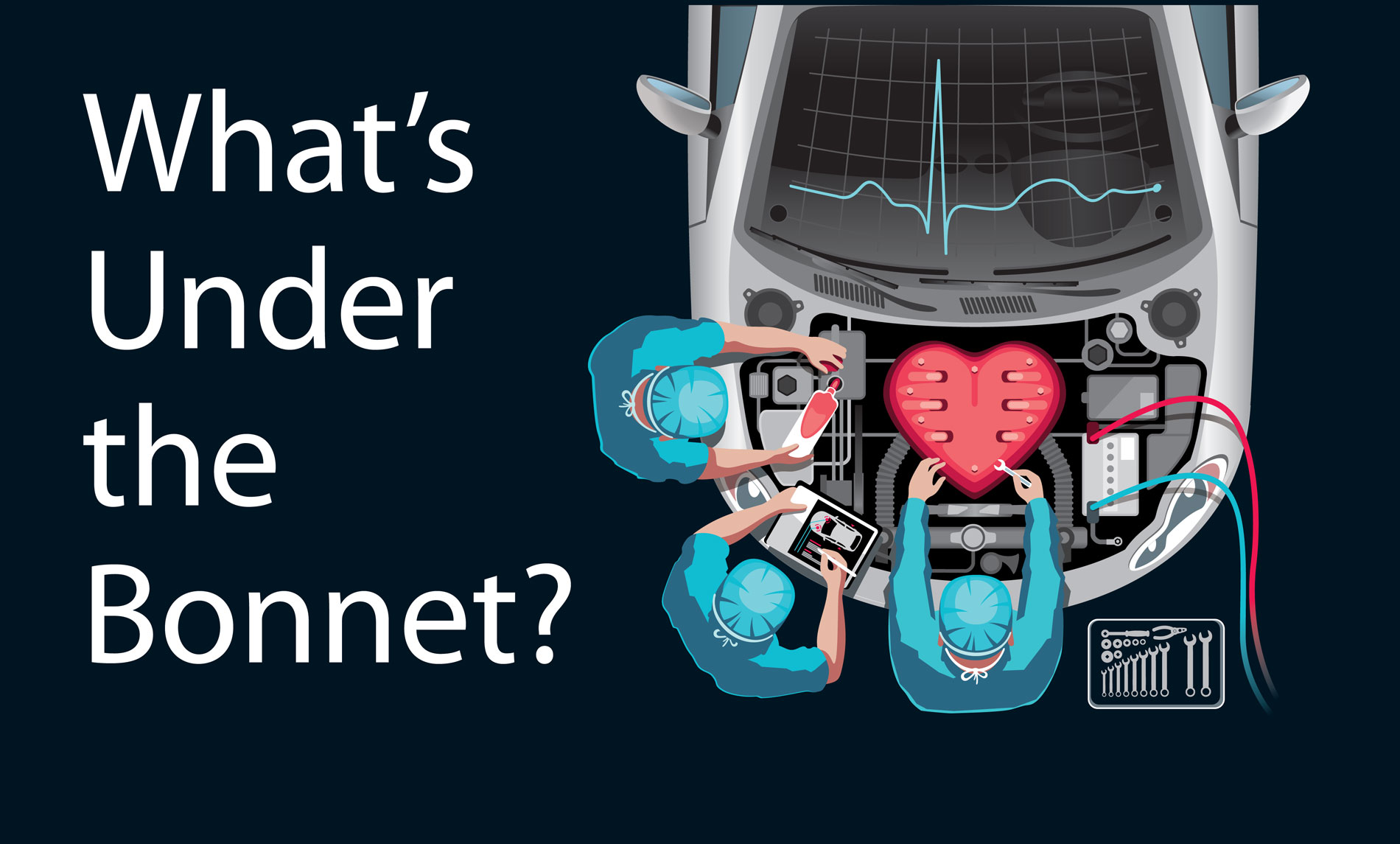Nowadays, it’s not uncommon for companies to fail. Whether it's too much competition or failure to monetise their idea, the market can be a cruel mistress. So, what are some reasons behind business failure that you should be wary of?
Companies may have trouble due to poor planning, a lack of funding, and so on. Some companies even fail without realising it due to not keeping up with industry standards or failing to reach prospective clients effectively enough. For example, not having financial systems in place, like a proper CRM which could lead directly to missing out on opportunities worth thousands or tens of thousands of pounds!
You would not believe that the CRM market is expected to reach £32 billion by 2024. These tools help you manage contacts easily and expedite your business growth, ensure cross-team collaboration, keep your contact details up to date, auto-generate more leads, and sync data from your favorite applications.
Find out more about how CRMs can help you delve into managing all this information in an organised way!
Why CRM is Important
When it comes to customer relationship management (CRM), many companies still don’t have it in place. Surprisingly, though, they’re losing opportunities to improve their sales, customer service, and overall interactions with customers. What a CRM does is manage, collect, and organise all your customer-related information so you can track the buyer’s journey for every individual you interact with. You can streamline communication, enhance the customer experience, and improve data management with this system. Here are the 7 reasons why your company needs a CRM to grow better.
1. Focus your business growth on your customers.
When your company is experiencing immense growth, it can be difficult to prioritise prospects that don't seem like as much of an investment because you want to make sure all of your current customers are serviced as well. Lots of important tasks can end up getting pushed aside amid rapid expansion, but that's never a good idea - instead, look into integrations to help streamline your workflow so you're no longer wasting time on processes that could instead be funnelling resources into bigger projects.
Customer relations management platforms help business owners enhance customer relations and take care of any inquiries from clients in a smooth manner. This is done by integrating the most relevant tools into one platform, allowing information to be distributed, received, and responded to easily by staff. A multi-purpose CRM that’s purpose-built to meet your business needs will help you manage your communications in more effective ways and enable you to spend more time on independent projects associated with your business.
2. Get your sales, marketing, and service teams on the same page.
One of the most important ways that you can increase cross-team alignment is by innovating and trying things out with your customers. If you can make a genuine connection with them, then eventually they will feel inclined to keep coming back for more.
Key alignment between sales and marketing is fundamental for your business. It has the unique ability to streamline every stage of a buyer's journey, from leads to conversions. The system allows internal teams to share critical data and customer information so they can work as a cohesive unit, like an assembly line, moving prospects through the stages towards a final sale. They will enjoy completing their entire purchase cycle with one company, not switching between platforms or apps to get all the help and support they want.
3. Easy synchronisation and sharing of data.
Using a CRM that has all the features you need will enable you to automate time-consuming tasks like data syncing and sharing - updating your contact records is a thing of the past. Anytime a contract talks to someone in the system (e.g., a sales rep, a service representative, or a marketer), the contact's data and records are automatically synchronised with the system.
As your team will be able to access accurate records you can easily share based on the syncing of all customer data and interactions. By integrating your CRM with your customer data, you can tailor your customer experiences to meet your specific needs.
4. Streamline daily tasks by automating them.
Using CRM software, you can automate time-consuming but necessary tasks that otherwise take a lot of time. Every interaction in the CRM process requires updating the contact records. This includes:
- Communications in the follow-up phase
- Automated email sequences
- Deal workflows, quote workflows, enrolment trigger workflows, etc.
- Chatbot conversations
- Assigning leads to representatives
- Lead nurturing campaign
- Campaign analytics
5. Defining workflows.
Workflows are a very convenient way to automatically ensure some processes are completed on your end. For example, let's say you have a CRM that tells you when one of your contacts is looking for a quote. Normally, you would need to manually get the quote from that contact, which would take a bit of time. But if the CRM you use has a workflow associated with it, you could set that up so that the moment a contact is looking for a quote, a new ticket will be automatically generated for you. That saves you a lot of time!
A comprehensive CRM system allows you to create workflows for:
- Contacts
- Corporations
- Promotions
- Quotes
- Tickets
- Custom objects
6. Facilitate customer interactions.
One of the biggest challenges that most customer-facing reps and teams face daily is the sheer number of communication channels that are available to them. If a customer has a question or a problem, they might expect to be able to reach you through phone, email, live chat, social media, or text messaging — and that's not even the full list!
Modern CRM solutions have evolved to meet the challenges of customer-facing teams and reps — they integrate with a wide variety of other services and channels through which your leads and customers engage with your business. Take the time to find a modern CRM solution that meets the needs of your business. If you're using a CRM that's too complicated — or not sophisticated enough — you'll lose out on opportunities to build a mutually trustworthy relationship with your leads and clients.
For instance,
- Tracking calls from the CRM to prioritise, place, and log them, and then matching them to their associated contact record.
- A live chat option and a chatbot builder handle queries and FAQs.
- Automate email marketing campaigns and send well-timed follow-up emails using email tracking.
- Monitoring tools to manage brand mentions, comments, and questions on social media directly.
- Integrate video communications, such as Vidayrd, for sending memorable and customised sales and marketing videos.
7. Establish custom dashboards to track key metrics.
A customer relationship management (CRM) system is a great tool for improving your sales pipeline. A CRM allows sales teams to track and manage tasks, build reports, and monitor activities, in one centralised system. This can simplify your work and help you be more productive. A CRM can also be customised to meet your team's needs and make your workflow more efficient. Here are some ways a CRM can help you improve your pipeline:
With an all-in-one CRM, you have the power to create custom dashboards and reports. The data is then instantly available for visualising and sharing with your team members. Using the pre-made templates will save you time, and the real-time previews allow you to monitor your customer information more efficiently. Furthermore, you can customise your reports to get the data you want and share it with ease. Whether you're sending individual reports to your team members' email addresses or automating your reporting emails, so they're sent daily, weekly, or monthly, you'll be on your way to becoming a CRM wizard!
Lastly,
A CRM gives your sales team the capacity to manage their relationships with their contacts. It allows them to get inside the mind of the customer in a way that most business tools can’t because they focus on the buyer. With a CRM, not only can you see what can be sold to your customer, but you can also see how they will respond to offers and new products. It’s the best way to put a plan into motion that will get you the results you want. The CRM that you choose can have a huge impact on your business and the success you'll see in the future.






